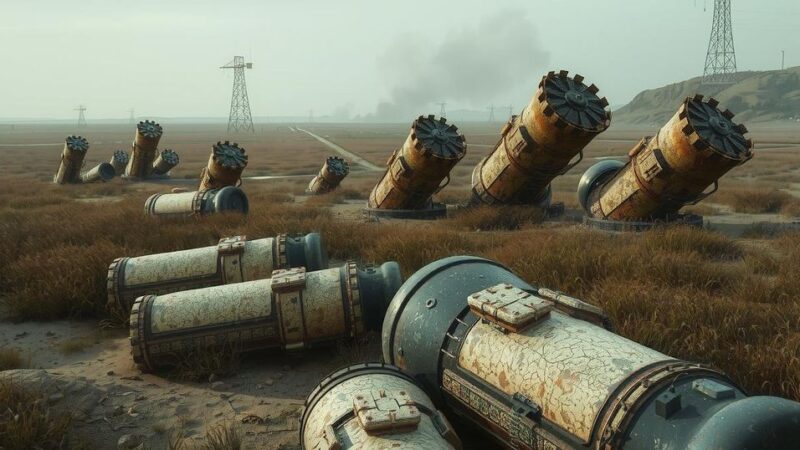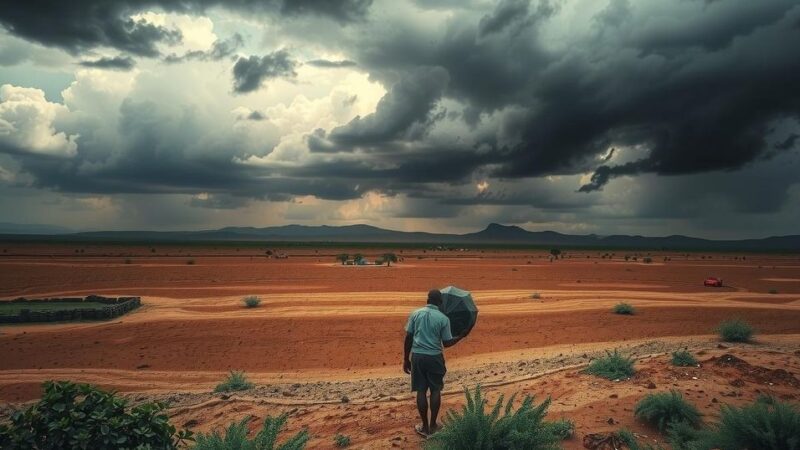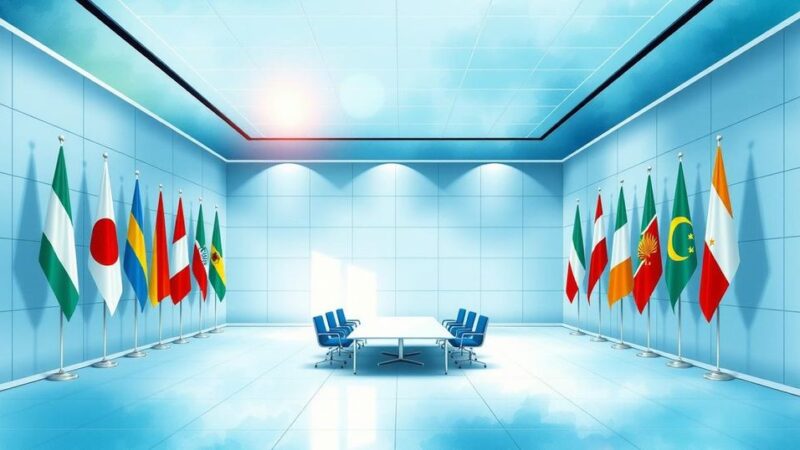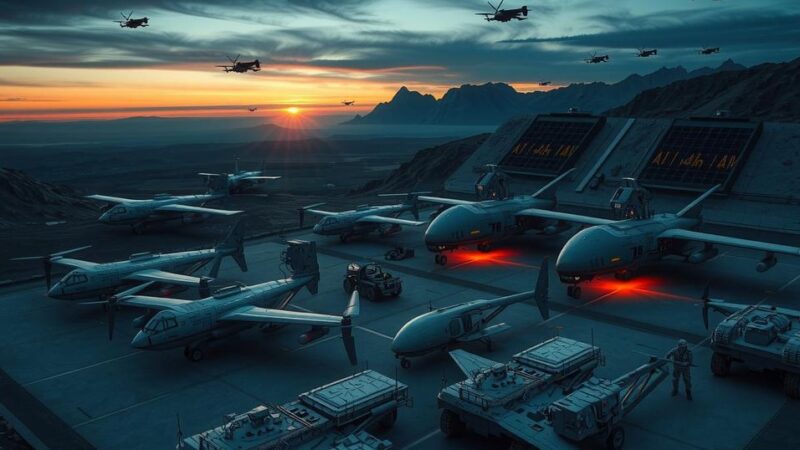DR Congo and Rwanda have called for an immediate ceasefire amid conflict with M23 rebels during talks in Qatar. This meeting is the first since the rebels intensified their offensive, leading to significant casualties. Uncertainties remain about the rebels’ adherence to the ceasefire, and accusations between the two nations continue regarding military support and resource exploitation.
The Democratic Republic of Congo (DRC) and Rwanda have jointly called for an immediate ceasefire in their ongoing conflict involving the M23 rebels during talks held in Qatar. This marks the first meeting between DRC President Félix Tshisekedi and Rwandan President Paul Kagame amid heightened tensions, as reports indicate that approximately 7,000 individuals have lost their lives since the beginning of the year due to the escalating violence.
The willingness of the M23 rebels to comply with the ceasefire remains uncertain, especially after they previously declined to participate in peace negotiations in Angola. DRC has accused Rwanda of providing support to the rebels, which Rwanda has firmly denied, despite claims from the United Nations and the United States.
Rwanda maintains that its military actions are purely defensive, aimed at countering attacks from the DRC army and affiliated factions. Additionally, DRC alleges that Rwanda is illegally exploiting precious mineral resources within its borders.
Previous attempts at peace talks, particularly last December, collapsed due to Rwanda’s demands for DRC to engage directly with the M23. Following this setback, the rebel group gained significant ground, capturing key cities like Goma and Bukavu.
A joint statement from Qatar’s Foreign Ministry indicated that the two leaders affirmed their commitment to an “immediate and unconditional” ceasefire, although further details regarding its implementation remain unclear. Both presidents expressed the importance of continuing discussions initiated in Doha to foster lasting peace.
Separately, the Rwandan presidency underlined that direct negotiations between DRC and the M23 remain essential for addressing the fundamental issues leading to the conflict. In the context of these discussions, President Kagame expressed optimism that cooperation among all parties could facilitate quicker progress toward resolution.
Furthermore, Tina Salama, spokesperson for the DRC presidency, noted that the Emir of Qatar, Sheikh Tamim bin Hamad Al Thani, played a crucial role in initiating these talks, reinforcing Qatar’s position as a strategic ally to both nations. The meeting followed a recent breakdown of peace dialogue, thwarted when the M23 withdrew in response to sanctions imposed by the European Union on its leaders.
In summary, the ongoing conflict between DRC and Rwanda, particularly concerning the M23 rebels, has led to urgent calls for a ceasefire following diplomatic discussions in Qatar. While both presidents advocate for an immediate cessation of hostilities, the rebels’ compliance and the underlying tensions remain contentious. The international community’s active role, including input from Qatar, indicates a potential pathway toward achieving lasting peace, pending further negotiations.
Original Source: www.bbc.co.uk






